State
Blue crab trap closure for coastal waters of Hernando through Wakulla counties begins July 20 to protect marine ecosystems
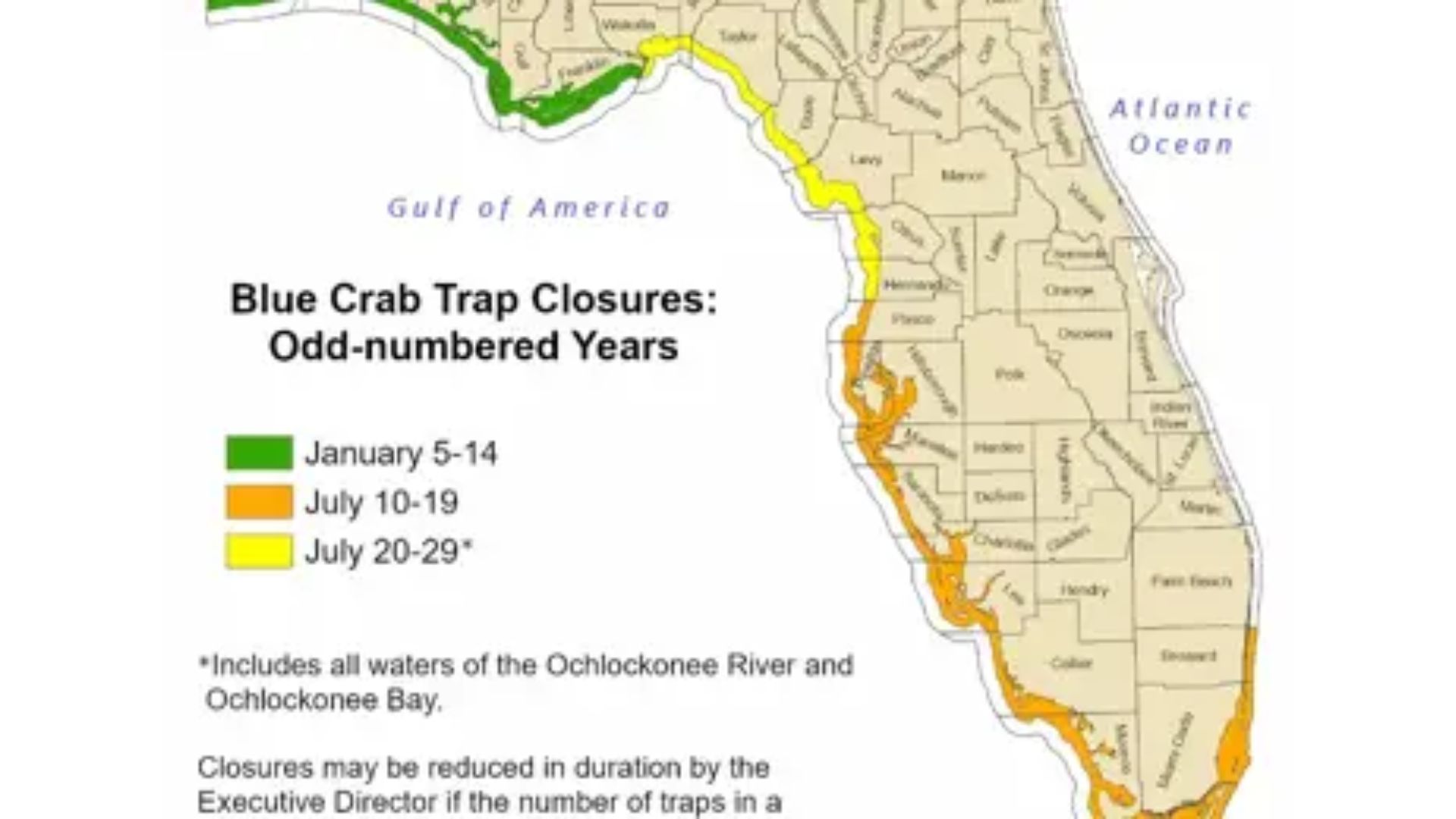
Florida – The Florida Fish and Wildlife Conservation Commission (FWC) is enforcing a blue crab trap closure for the coastal waters stretching from Hernando to Wakulla counties, including the Ochlockonee River and Ochlockonee Bay. This closure, which runs from July 20 to July 29, is aimed at helping authorized groups recover lost and abandoned blue crab traps, which pose several environmental and navigational risks.
Recreational and commercial fishermen are required to remove all blue crab traps from the affected waters before July 20, the official start of the 10-day closure. During this period, no traps are permitted to be in state waters, which extend from the shore to three nautical miles offshore, including intracoastal waterways. This initiative is part of the FWC’s ongoing efforts to mitigate the negative impacts of derelict traps, which can continue to trap marine life, damage sensitive habitats, and create hazards for boaters.
The closure will be the third and final regional, 10-day blue crab trap closure in 2025, continuing the FWC’s commitment to ensuring the sustainability of blue crab populations and minimizing the environmental footprint of abandoned traps. In total, the FWC schedules six regional closures across the state, with three occurring in odd-numbered years on the west coast and three in even-numbered years on the east coast.
“The importance of removing lost and abandoned blue crab traps cannot be overstated,” said a spokesperson for the FWC. “These traps can continue to capture marine life, which can lead to unnecessary mortality, and they can also cause harm to the environment by damaging critical habitats. Furthermore, they pose a significant risk to boaters navigating through the affected areas.”
While the closure is in effect, blue crab harvesters can still use alternative gear to capture crabs, such as dip nets and fold-up traps. In addition, standard blue crab traps may still be used, provided they are attached to a dock or another private property, allowing harvesters to continue their activities without disrupting the trap recovery process.
The closure, however, is not indefinite. On July 30, blue crab traps may be placed back in the waters of Hernando through Wakulla counties, as long as the trap-retrieval efforts are deemed sufficient. In some cases, the FWC may reduce the duration of the closure if it is determined that fewer abandoned traps remain in the region than initially anticipated.
The FWC’s blue crab trap retrieval program plays an essential role in keeping Florida’s waters healthy and safe. Lost and abandoned traps, known as “ghost traps,” can continue trapping crabs and fish, leading to the waste of marine resources. Additionally, these traps can become entangled in underwater vegetation, further harming the environment.
The FWC urges all blue crab harvesters and recreational users of these coastal waters to adhere to the regulations and remove any traps from the area before the closure begins on July 20. These actions are part of a broader effort to preserve the state’s marine ecosystem, ensuring that blue crab populations remain robust and sustainable for future generations.
For those seeking more information about the FWC’s trap-retrieval program, the closure dates, regulations, or cleanup events, the FWC offers comprehensive resources on its website at MyFWC.com/Marine. Interested parties can also contact the FWC directly at 850-487-0554 for further assistance.
As the trap closure period approaches, all stakeholders are encouraged to prepare for the changes and help maintain Florida’s coastal waters free of debris and ghost traps. By supporting these efforts, the community can contribute to the ongoing protection and recovery of vital marine habitats.

-
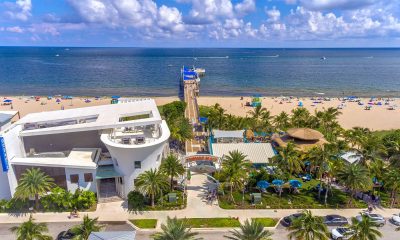
 Community11 months ago
Community11 months agoPompano Beach Pier: A coastal gem in South Florida
-
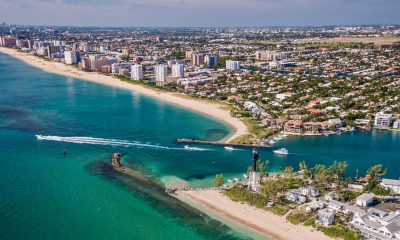
 Community11 months ago
Community11 months agoPompano Beach cost of living: Housing costs, gas prices, and required income
-
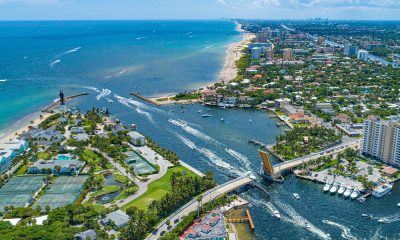
 Community11 months ago
Community11 months agoDiscover the best of Pompano Beach, Florida: A comprehensive guide to the most popular places to visit
-
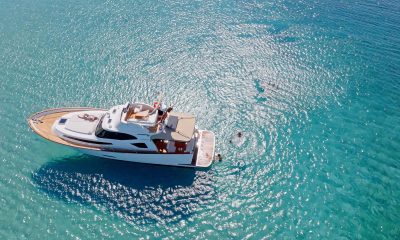
 Community11 months ago
Community11 months agoMost popular Pompano Beach marinas: Fishing, boating, and a lot of fun time














